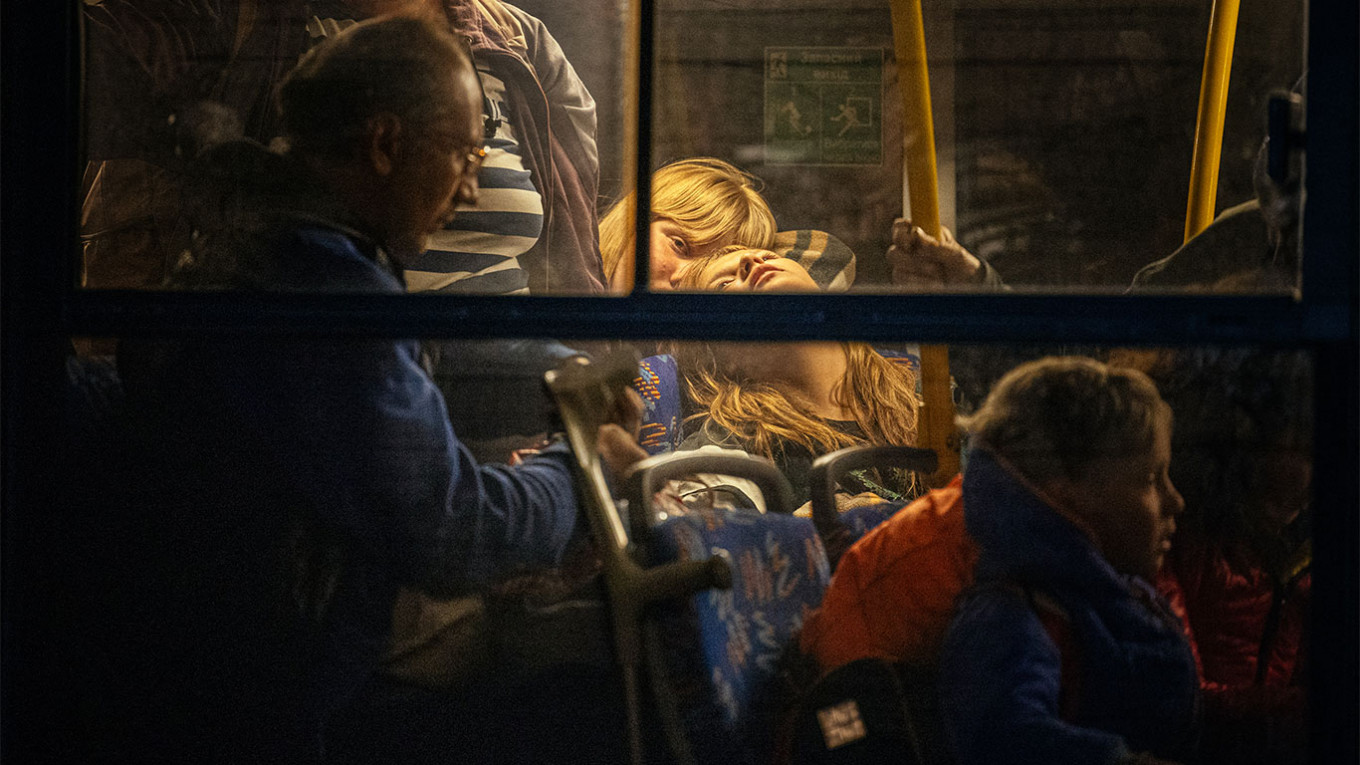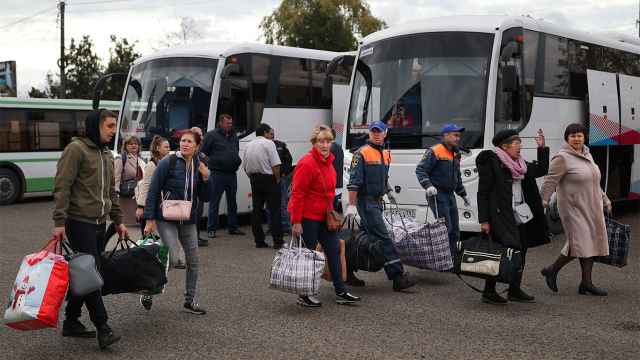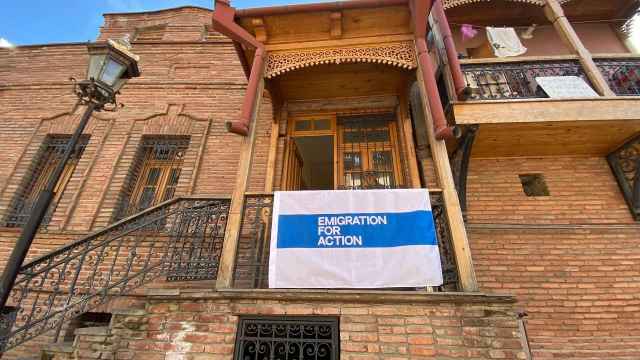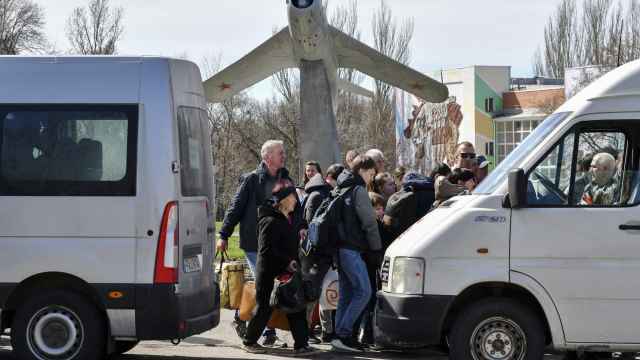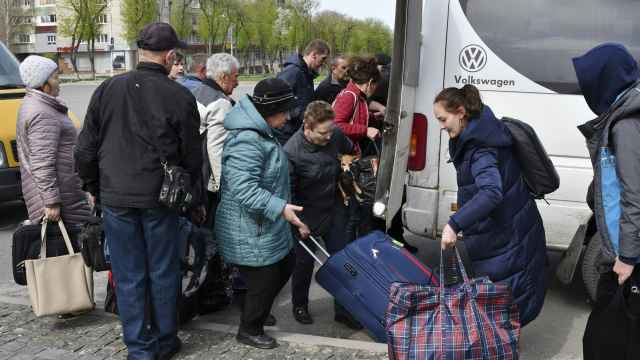Networks of anti-war volunteers are among those helping more than a million Ukrainian refugees inside Russia despite difficulties with gaining access to temporary accommodation centers and a risk of criminal prosecution.
After leaving war-torn eastern Ukraine, many refugees are not only traumatized, but find themselves trapped in Russia without money, documents or even clothes.
“It’s our way to protest,” said Veronika Timakina, a 19-year-old activist from the Russian city of Tver, 200 kilometers from Moscow, who had been organizing help for refugees but left Russia after investigators began asking questions about her work.
“You feel the need of people who suffered from the aggression of your country,” she said.
More than a million Ukrainian refugees have crossed into neighboring Russia since the start of the war in late February, with some given little or no choice about fleeing eastward rather than to Europe or relatively safe areas of western Ukraine.
Most are sent to one of about 9,500 temporary centers – usually hotels, sanatoria or student dormitories – located as far away as Vladivostok on the Pacific Ocean.
As well as the Russian authorities, international organizations like the Red Cross provide help to refugees. But volunteers told The Moscow Times that the assistance is often ineffective or absent, and many of those fleeing Ukraine lack essentials like passports, clothes, shoes, hygiene products and cellphones.
In Tver, Timakina organized a volunteer group that worked with three temporary centers housing about 150 people. Most of the refugees were from the once-bustling Ukrainian city of Mariupol that was reduced to rubble in almost three months of bloody fighting.
“The humanitarian aid provided in these centers was very standardized. The things they offered were often not really needed by the refugees. For example, there were big problems with large-sized clothes and certain medications,” Timakina told The Moscow Times.
“We launched a fundraising campaign on social media and quickly collected the first 100,000 rubles ($1,658),” said Timakina.
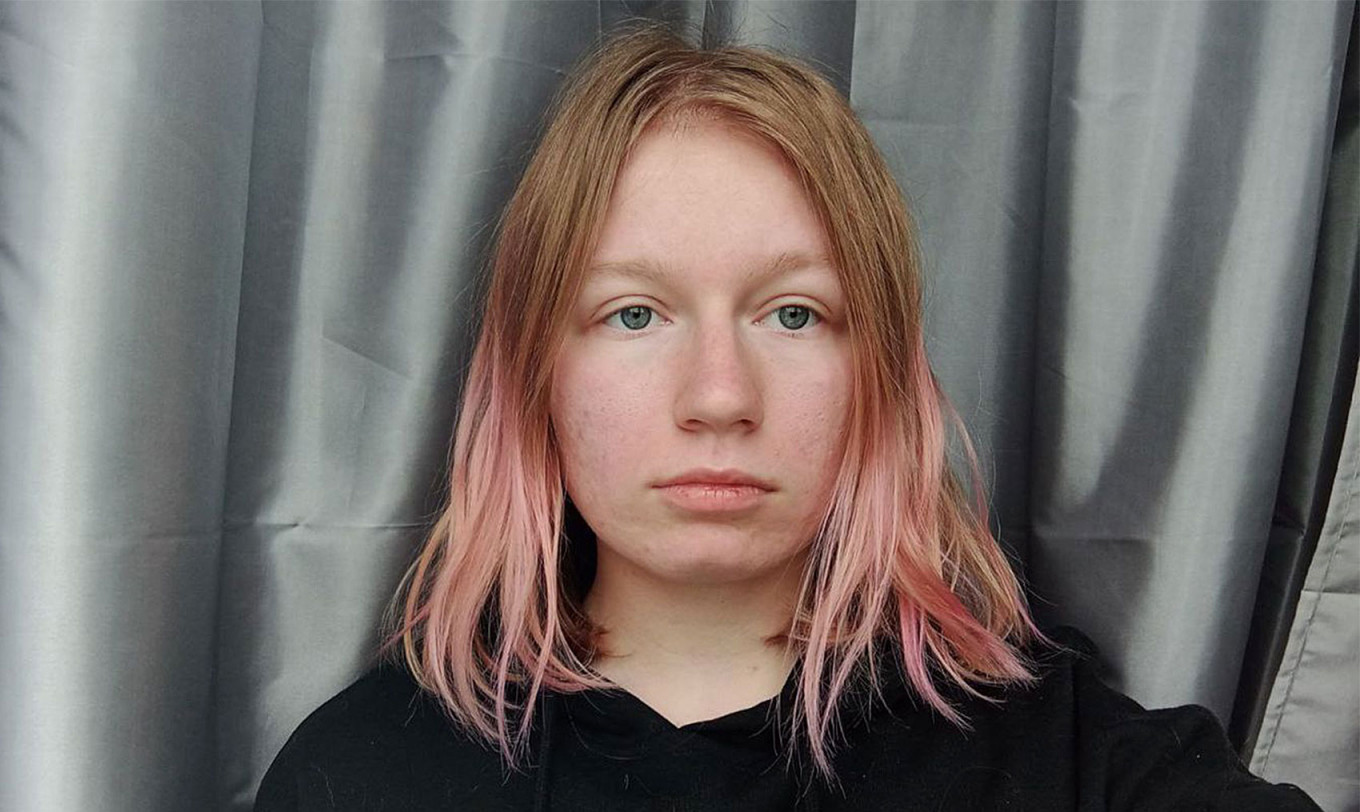
However, the authorities are often not happy about volunteer efforts.
“Volunteers are often not allowed in refugee centers and this makes it difficult,” said one volunteer in the town of Tikhvin, about 200 kilometers east of St. Petersburg, who requested anonymity to speak freely.
“No one else can help them,” she said. “Government assistance has been organized very badly. No assistance is provided, neither legal nor even basic medical care. There is only one doctor and one psychologist for around 500 refugees.”
While Russian officials say Ukrainian refugees are given “all necessary” aid, she believes that – at least in Tikhvin – the volunteer network is essential.
Refugees usually come from parts of Ukraine heavily affected by fighting and have spent weeks hiding in bomb shelters with no access to clean water or medical care.
There is widespread evidence of refugees being forced to go through so-called “filtration camps'' before being transferred to Russia. While Moscow calls this an “evacuation,” officials in Kyiv have said Ukrainian citizens are being deported against their will.
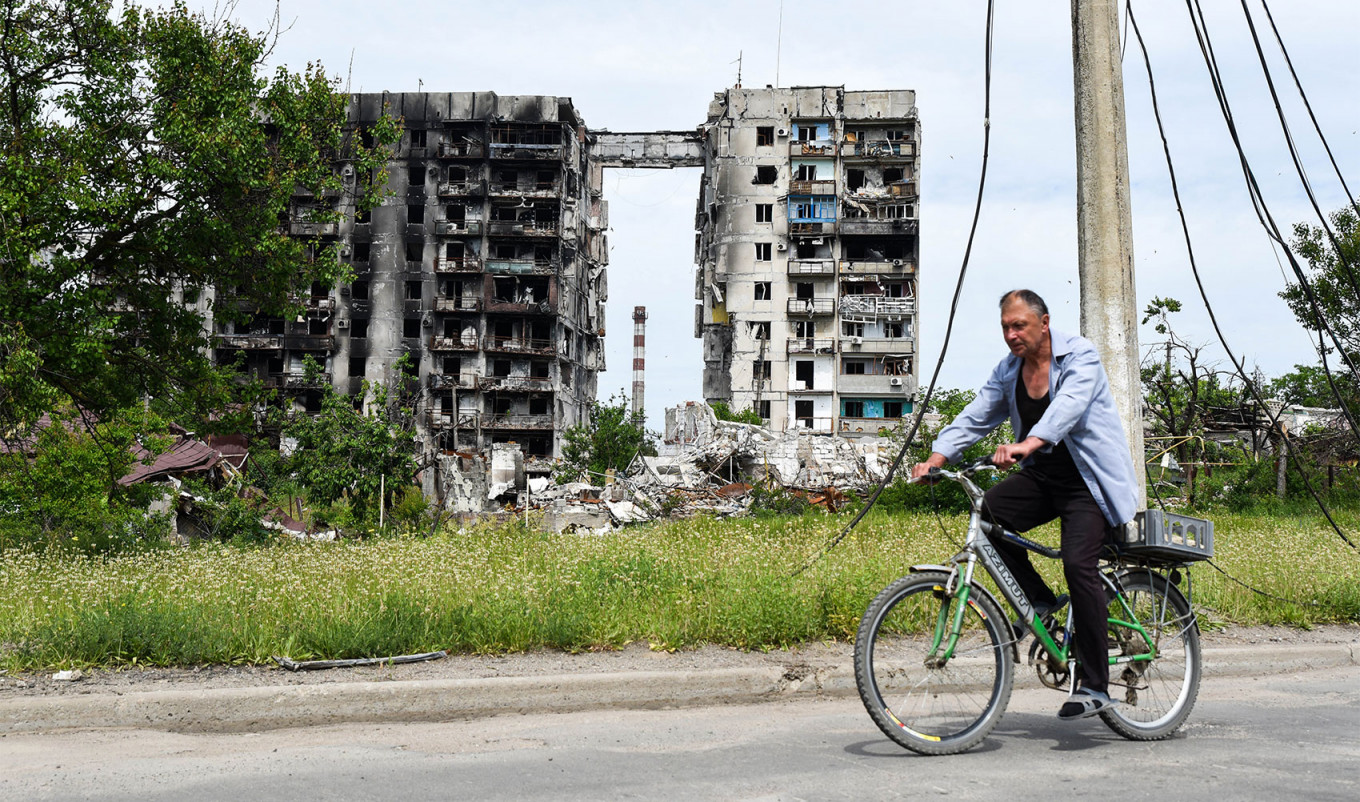
Despite the Russian attack on Ukraine, some refugees prefer to stay in Russia, citing the language barrier, difficulties of onward travel and limited work opportunities in Europe.
“In the beginning, we thought we would mostly help refugees to leave Russia, but it turned out many of them were too scared to go somewhere or really wanted to stay,” said Timakina. ”Yet, for people who wanted to relocate we managed to buy tickets and helped with logistics.”
Volunteers often coordinate help Ukrainian refugees via chats on messaging app Telegram, particularly when it comes to those who do wish to leave Russia.
When refugees message a special Telegram bot with details of their location and where they want to go, volunteers coordinate drivers and cars, provide travel information, and find places for overnight stays.
Anti-war Russians who have left the country are particularly involved in this type of online work. They have also set up organizations including Helping to Leave and Volunteers Tbilisi that assist refugees evacuating from areas near the fighting and provide humanitarian aid.
For those inside Russia, the risks are much greater.
And organizations operate clandestinely to avoid unwanted attention from the police, security services and pro-Kremlin activists.
Two volunteer-run Telegram groups helping refugees declined to comment on their activities to The Moscow Times, citing safety concerns.
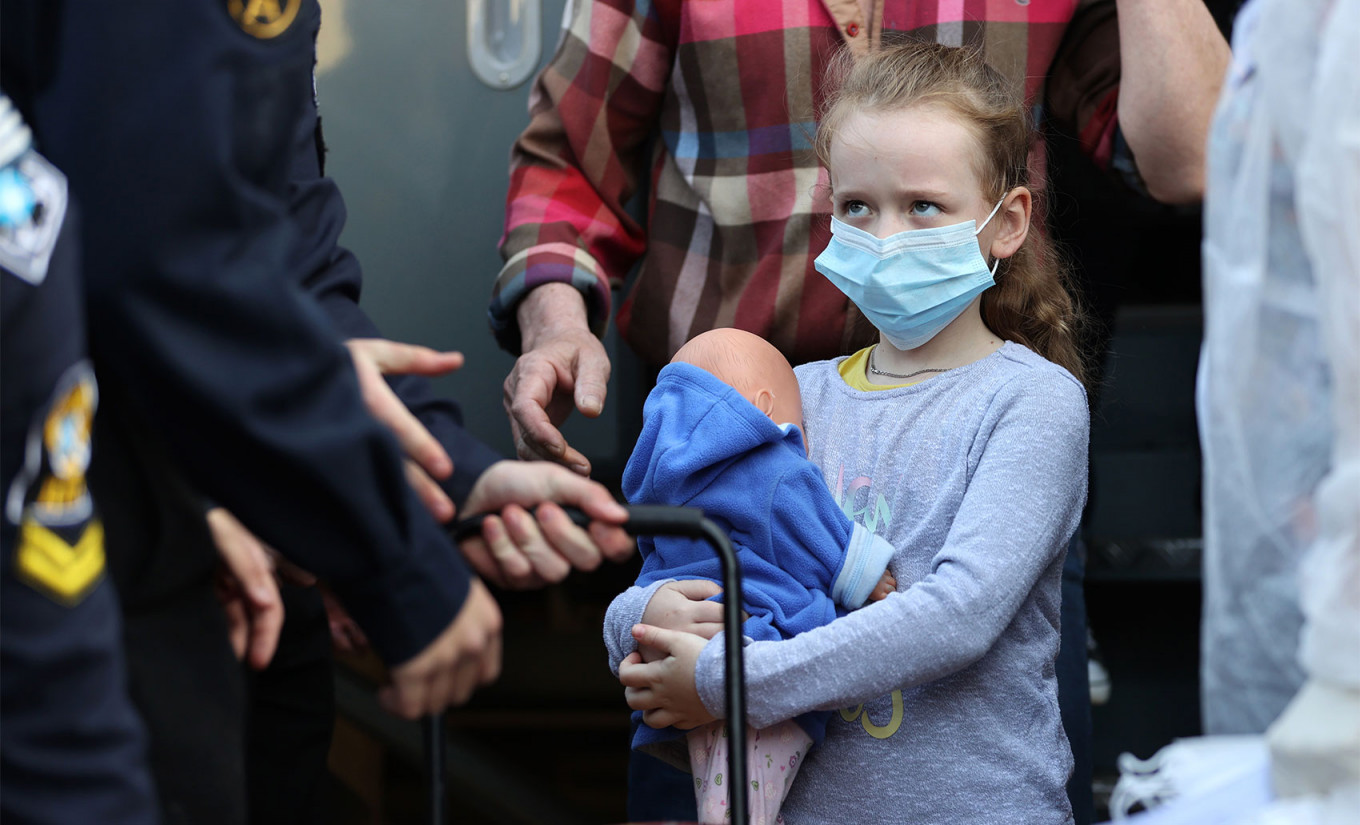
Irina Gurskaya, a volunteer helping Ukrainian refugees in the Russian city of Penza, was briefly detained by police in April. The front door of her lawyer, fellow volunteer Dmitry Zhulimov, was later spraypainted with the phrase: “An accomplice of Ukrainian Nazis lives here.” Gurskaya’s group eventually halted its activities.
Timakina was also forced to go underground when Russian investigators began questioning refugees about her organization. “I left Russia and we temporarily closed our project. We were afraid of being accused of campaigning for something and putting others in danger. Although we didn’t even talk about the war with Ukrainians,” she said.
Hundreds of Russians have been charged under repressive new laws that outlaw the spread of “false information” about the invasion or disparaging the military. Punishments include fines and prison sentences of up to 15 years.
However, there are some volunteer groups that do not need to worry about prosecution.
Just 70 kilometers from Mariupol at the Russian-Ukrainian border checkpoint of Veselo-Voznesenka, a group of 1,300 volunteers take turns on duty, providing tea, food, and basic humanitarian aid for hundreds of refugees.
The pro-war views of their founder, Oleg Podgorny, mean they are unlikely to face any difficulties, and can operate in the open.
“Many of them [the refugees] are shocked and don’t know what to do next,” Podgorny told The Moscow Times. “Some refugees even ask: ‘Will we be taken into slavery now?' So we made a brochure with some key information.”
While Podgorny said volunteers don’t talk about politics, his Facebook account was filled with posts featuring the “Z” that is a symbol of support for Russian troops.
Despite being forced to leave Russia, Timakina said she will not be dissuaded from continuing to help those displaced by the conflict.
“Volunteer work is more important than any threats from security forces,” she said.
This echoes with the experiences of Maria, a Muscovite who has volunteered her time and money to help a Ukrainian family from Mariupol.
“I volunteered with humanitarian organizations in Russia where I saw huge queues of refugees,” she told The Moscow Times of her decision to join some of the more ad-hoc volunteer efforts. “I was ashamed to look into their eyes.”
After responding to a request for help in a Telegram chat, Maria, 25, who requested anonymity to speak freely, has fundraised for the family to rent an apartment.
“Volunteers are the ones who provide vital help for the refugees,” she said.
A Message from The Moscow Times:
Dear readers,
We are facing unprecedented challenges. Russia's Prosecutor General's Office has designated The Moscow Times as an "undesirable" organization, criminalizing our work and putting our staff at risk of prosecution. This follows our earlier unjust labeling as a "foreign agent."
These actions are direct attempts to silence independent journalism in Russia. The authorities claim our work "discredits the decisions of the Russian leadership." We see things differently: we strive to provide accurate, unbiased reporting on Russia.
We, the journalists of The Moscow Times, refuse to be silenced. But to continue our work, we need your help.
Your support, no matter how small, makes a world of difference. If you can, please support us monthly starting from just $2. It's quick to set up, and every contribution makes a significant impact.
By supporting The Moscow Times, you're defending open, independent journalism in the face of repression. Thank you for standing with us.
Remind me later.



